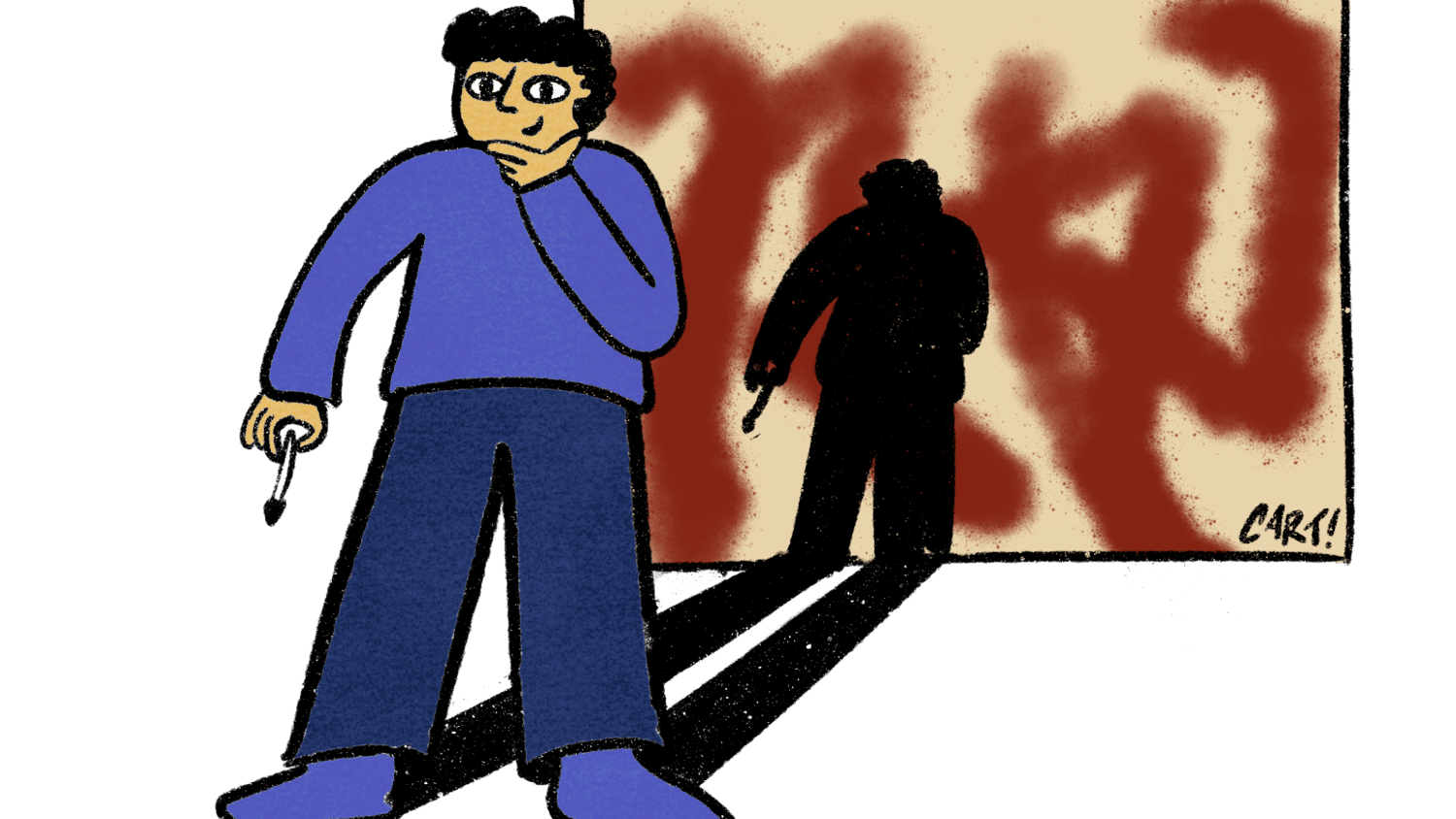On Easter Sunday, a six women choir enlivened the Auburn A.M.E. Zion Church with spirited hymnals as the congregation’s clapping hands reached higher and higher toward the chandeliers that shone on the all-black congregation.
On the day commemorating the resurrection of their Lord and two weeks after Sacramento, California, officers shot and killed Stephon Clark, an unarmed father of two, the Rev. Dr. Stephen Faulk addressed the shooting and others like it.
“God, we see the shootings in the news, and God, we have some of that in our backyard, but we pray for your protection and guidance through this violent turmoil,” Faulk prayed.
Bowling Green State University and The Washington Post performed analyses of public records, law enforcement and legal experts which showed that from 2005 to 2015, 54 police officers have been criminally charged for use of deadly force. Of the 49 victims of deadly force, 33 were black, according to the analysis, and only 11 officers of the 54 were convicted.
A man in a white suit with black pinstripes and a soft-pink undershirt, who was working the PowerPoint presentation for the church, nodded as he listened to the sermon.
“Amen,” the pinstripe-suited man and others shouted.
Oscar Slaughter was listening with his eyes closed as the speech reverberated across the room.
Slaughter, an Army veteran, was a race-relations counselor for his battalion in the ‘70s and was 14 years old when Martin Luther King Jr. marched from Selma to Montgomery. But as he stated, “Bigotry still exists in the United States and has especially unearthed in recent years.”
“Since our president’s been in office, I’ve seen and experienced more racism. It’s ridiculous but true,” Slaughter said.
Slaughter said several people have referred to him using racial slurs while working at his job behind the register of a gas station in town.
Students sometimes overhear strangers calling him the slurs, he said, and they defend him and apologize for others, which he said makes him proud of the young people.
But, the instances occur nonetheless, and the damage is done because deriding slurs cannot be unheard and second-hand apologies cannot reverse others’ transgressions, he said.
According to the Southern Poverty Law Center, the number of hate groups in the U.S. has risen from 916 in 2016 to 956 in 2017. The epidemic has hit close to home for Auburn residents with the emergence in 2017 of a white nationalist group calling itself the White Student Union.
Fifty years removed from King’s assassination on April 4, 1968, and 55 years from his “I Have a Dream” speech delivered on Washington D.C., there is still hatred directed at people of color, even in a place like Auburn, where community and the Auburn Family are emphasized, several of the churchgoers said.
Still, Slaughter said he is content to be with his friends and family in town and is working on making Auburn feel like a home since moving to town.
“You’re going to find racism everywhere, so I’d rather be here than anywhere else,” he said as he looked at the white-painted church, drenched with sunlight, located on Martin Luther King Drive.
He is most concerned about his grandchildren — the ones who will likely have their own encounters with racism.
Inside the church, Faulk called upon the children attending service to step on stage. The
A little girl dressed in white dropped her wand and grabbed the microphone.
“Happy Easter day,” the girl whispered, as adorning claps led her off stage.
A little boy with a tucked in plaid shirt followed, looking a bit bewildered before grabbing the mic.
“Where are the eggs?” the boy asked, glancing around the room for answers.
It’s these kids who Slaughter worries for and whom he prays won’t be tormented at gas stations with slurs or shot while holding a cell phone, as Clark was.
Faulk, dressed in a preacher vestment, ended the first part of his roaring sermon asking for love and grace.
“Let us ride this train to glory, for there is nothing to lose and everything to gain,” Faulk shouted as an electric piano transitioned the congregation into the hymn “At the Cross.”
Faulk has been pastoring for 27 years and received a master’s in education from Auburn University. Hearing stories from his father marching with King in the Civil Rights Movement, instilled in him a yearning to make others’ lives better.
“In order for evil to prevail, to win, it takes good people doing nothing. So constantly, I’m trying to shine a light on darkness,” Faulk said.
Faulk identifies as a Republican but said he is wary of President Donald Trump’s remarks and actions regarding race.
The list of racist statements and actions from the president spans back decades. In 1973, the U.S. Department of Justice sued Trump’s company after it allegedly refused to rent to black tenants. In 2016, he argued a Latino-American judge should have recused himself from a lawsuit involving himself because of his Mexican heritage and membership in a Latino lawyers group.
It’s examples like these that trouble Faulk and motivates a pursuit of belovedness when he preaches to members of his congregation — regardless of gender, size or race.
“I don’t think people started hating and wanting to do evil since Trump got elected. I think he helps to incite it and bring it out,” Faulk said. “Many racists would hide and not flaunt their beliefs, but now they are emboldened and thrive off his divisiveness.”
Finishing his Easter sermon, Faulk thanked his community for its love, grace
The last angelic note from the choir was sung, and Faulk gave an Easter egg to the boy who asked where they were earlier in the service before saying goodbye. Outside, basked in the fresh April warmth, people invited one another to lunch and urged newcomers to stop by next Sunday.
“Dr. King was a lover of all people, but we have to remember to love ourselves too,” Faulk said. “You have to love yourself, you have to love your family, your neighbor, your race, others’ race — there has to be a full circle of love — love is not defined to one group.”
Do you like this story? The Plainsman doesn't accept money from tuition or student fees, and we don't charge a subscription fee. But you can donate to support The Plainsman.




